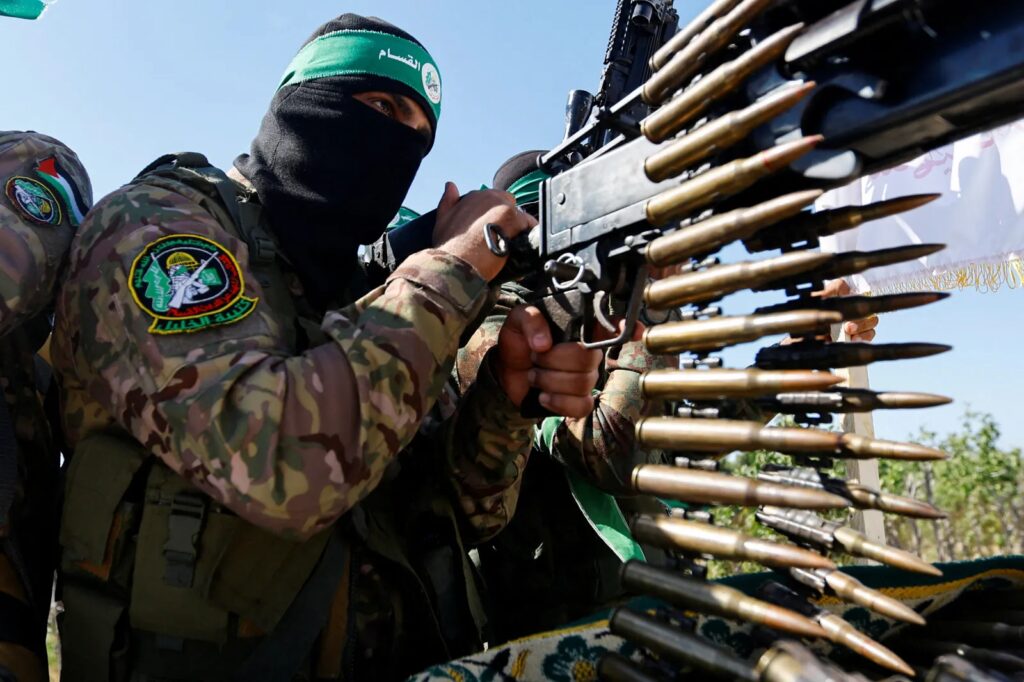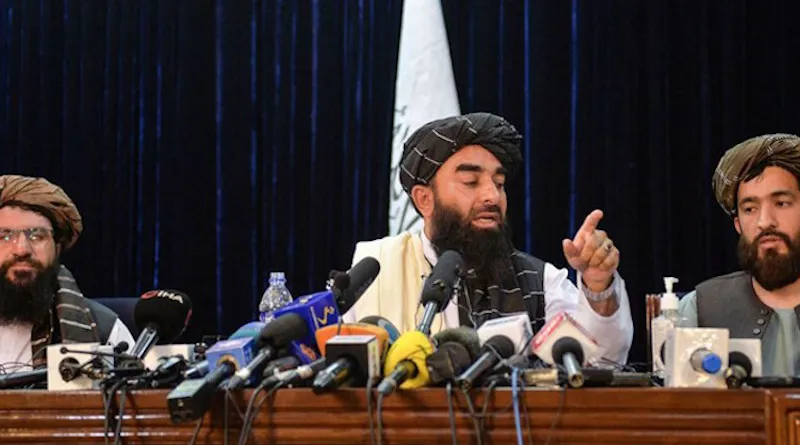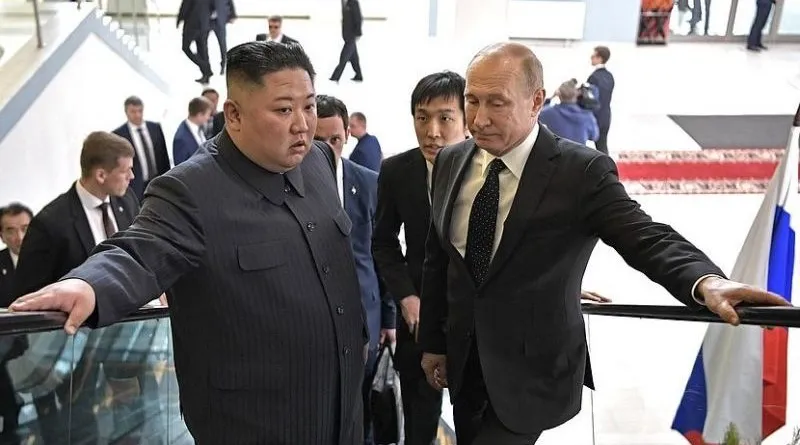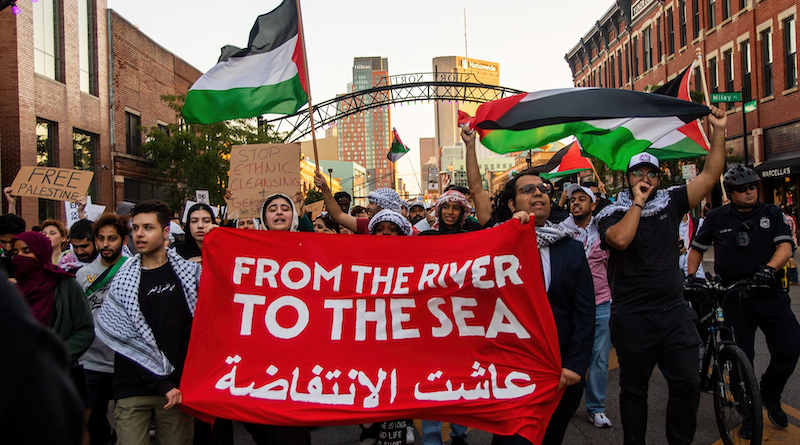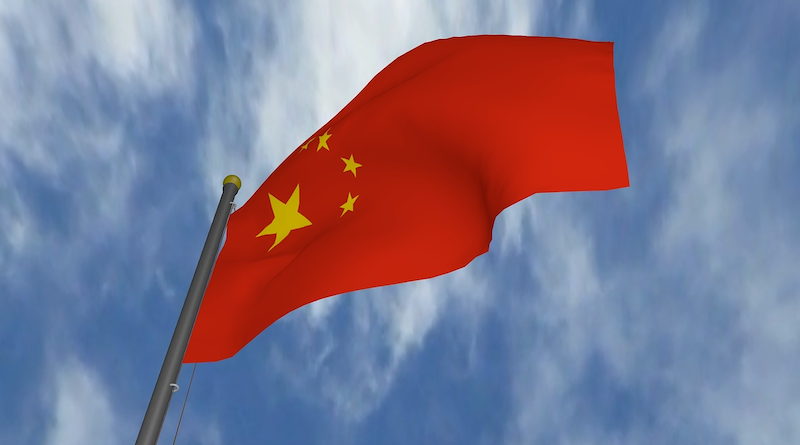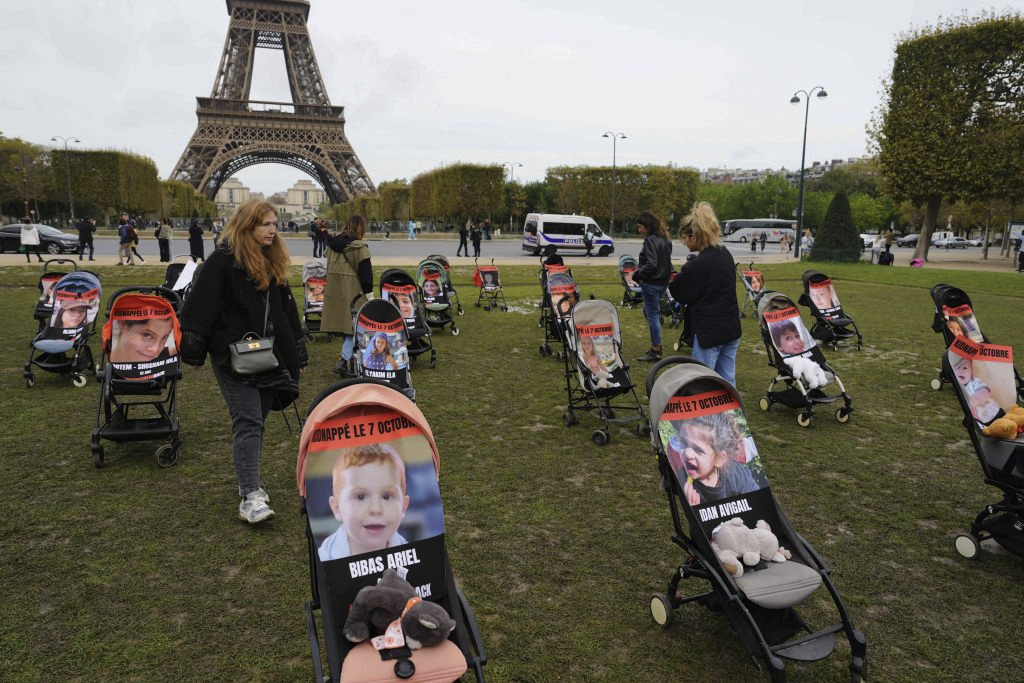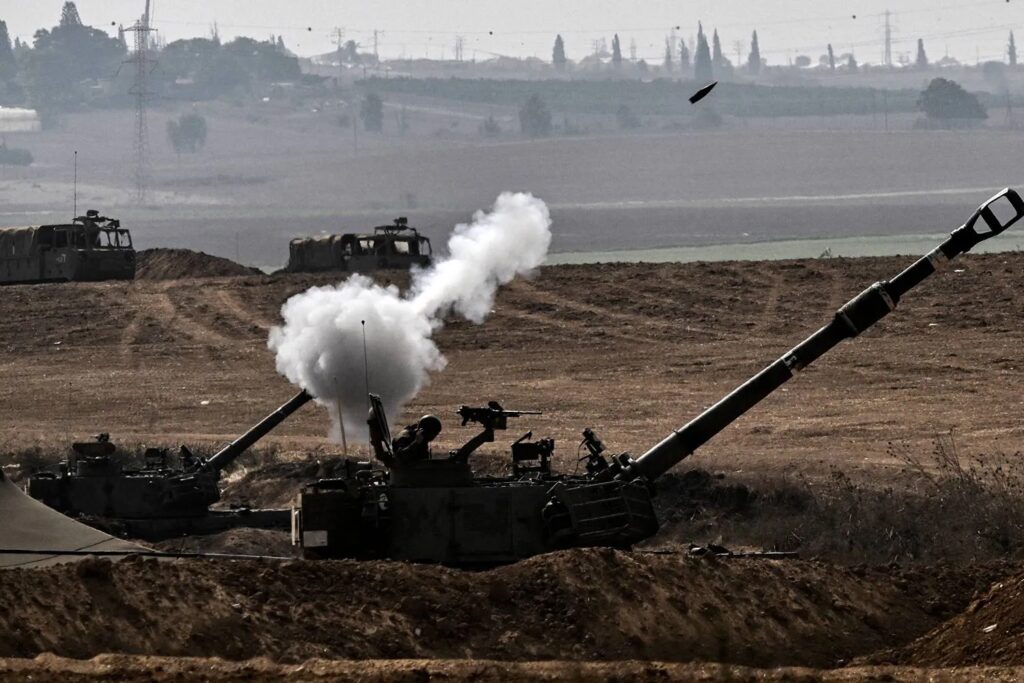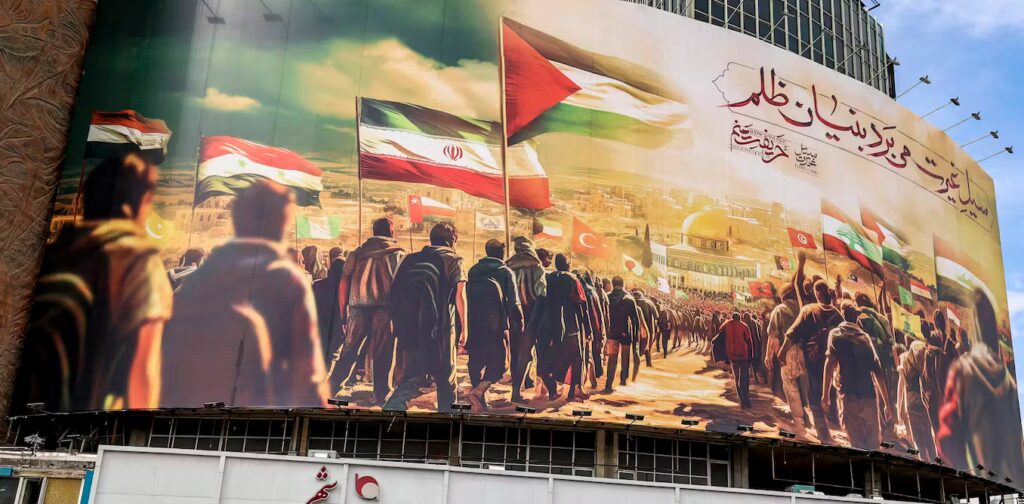Why Supporting The People Of Iran Is Key To Achieving Peace In The Middle East – OpEd

The criminal clerical regime ruling Iran is pleased with ongoing war in the Middle East and the killing of innocent civilians. The mullahs see this humanitarian disaster as a barrier against the uprising of the Iranian people and as a means of ensuring their own survival. On the other hand, this regime seeks to overshadow the internal crises of its bankrupt regime, the explosive conditions of society, and the protests of the people.

